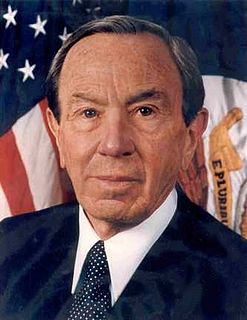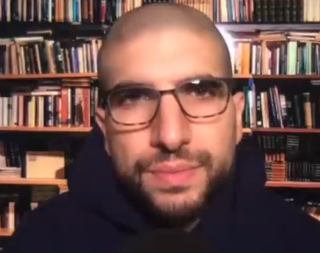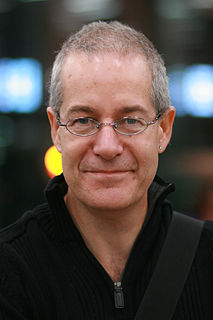A Quote by Rusty Schweickart
Journalists often put things into either-or scenarios.
Related Quotes
Journalists in newspapers and in many magazines are not permitted to be subjective and tell their readers what they think. Journalists have got to follow a very strict formulaic line, and here we come, these non-fiction writers, these former journalists who are using all the techniques that journalists are pretty much not allowed to use.
That’s the problem with all of this. No matter how hard I try, I can’t make it perfect. I can’t keep it in a bottle, can’t ignore reality. Chemicals are involved, the kind scientists try to synthesize and put into pill form, and they’re making tremendous advances every day. They’re winning the war against love. It’s probably inevitable now. There are only two ways to see the world: either no one and nothing is connected to anything, or we are all a random series of carbon molecules connected to each other. Tell me if there’s room for love in either of those scenarios.
The wisdom of the masses is not always wise. You could put a lot of things to a vote-you could have put anti-miscegenation laws to a vote, and that would have passed pretty handily. Either all people are created equal-or they're not. You're either buying into the original premise of America-or you're not.
I think that all journalists, specifically print journalists, have a responsibility to educate the public. When you handle a culture's intellectual property, like journalists do, you have a responsibility not to tear it down, but to raise it up. The depiction of rap and of hip-hop culture in the media is one that needs more of a responsible approach from journalists. We need more 30-year-old journalists. We need more journalists who have children, who have families and wives or husbands, those kinds of journalists. And then you'll get a different depiction of hip-hop and rap music.
Often we can change things, and a realistic attitude - including envisioning worse case scenarios - actually helps to accomplish that change. But if you truly cannot do anything about something, then why on earth would you want to make things even worse for you by falling into despair? It seems like adding a self-inflicting injury to the already existing one.


































